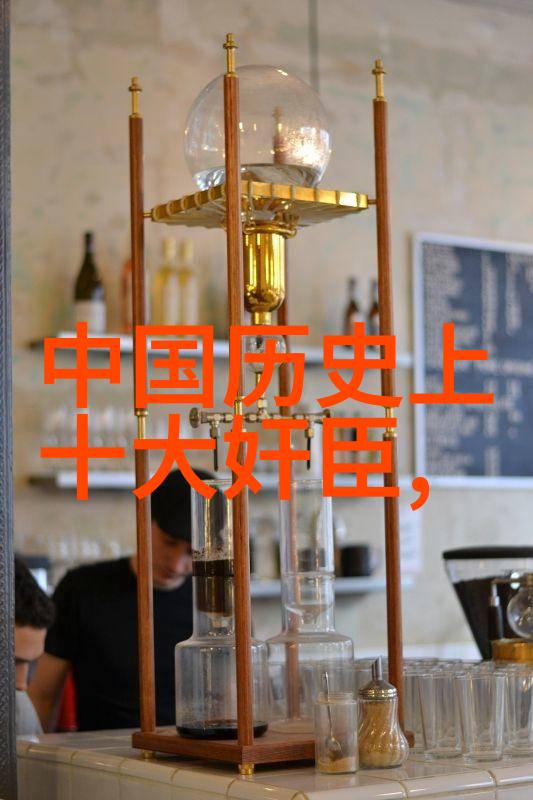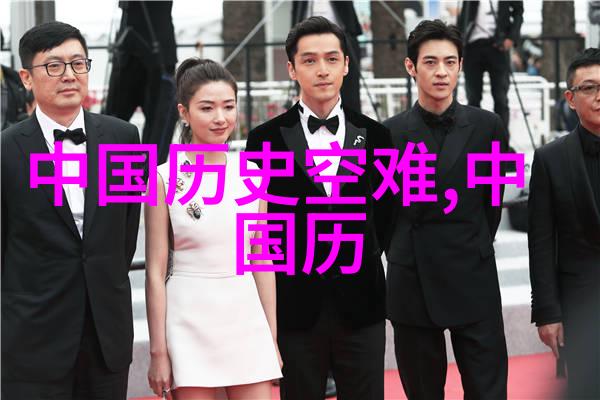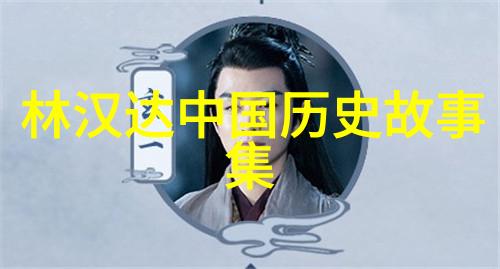
秦汉时期的政治与社会变革
秦汉时期的政治与社会变革

《秦汉时期的政治与社会变革》
在中国历史朝代纪年表上,秦和汉是两大帝国,它们分别标志着中国古代史上的两个重要转折点。从公元前221年的秦始皇统一六国到公元220年的刘备建立蜀汉,历经近300年,这段时间里,不仅中国的政治格局发生了巨大的变化,而且整个社会也经历了一系列深刻的变革。

政治制度之争:法家思想与儒家思想
在这段时间内,法家和儒家的思想起到了决定性的作用。法家代表人物最著名的是李斯,他主张严格法律、强化中央集权。在他的影响下,秦朝实施了许多创新,如郡县制、度量衡统一、文字改革等,这些措施极大地加强了国家控制力,使得国家更加高效运行。但是,由于过度集中权力导致官僚体系腐败以及对人民生活不利,最终引发了民怨四起。

相反,儒家的主要代表孔子提倡仁义礼智信,对人的道德修养有着深远影响。然而,在战国末期,当时的大多数诸侯国并没有将其作为统治理念来实践。这也是为什么在政权更替中,儒家文化未能及早成为官方政策的一部分。
社会结构重组:奴隶制至封建制转型
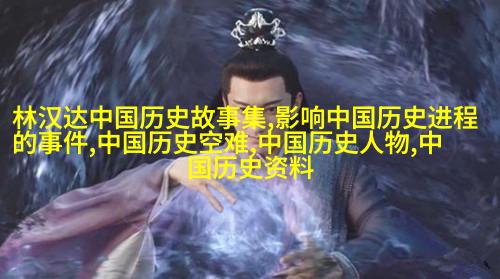
当时的经济基础主要依靠农业,并伴随着奴隶制。随着战乱频繁和劳动力的流失,以及外部压力(如匈奴入侵),许多土地被没收并分配给士兵或农民。这为后来的土地私有制度奠定了基础,同时也逐步推动奴隶制向封建剥削形式转变。
此外,与前世相比,妇女的地位也有所提升。她们开始能够继承财产,有时候还参与商业活动,但她们仍然受限于传统观念和法律规定中的角色限制。此种状况促使女性教育得到一定程度的发展,以提高她们的地位和能力。
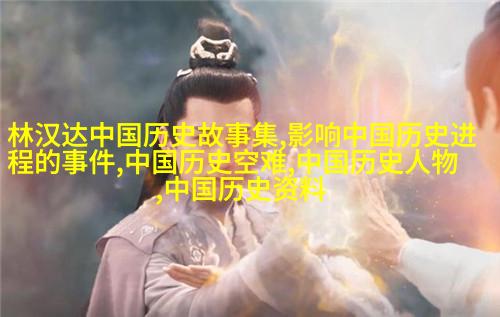
文化成就:文学艺术欣欣向荣
尽管在这一时期出现了一些严酷苛刻的地方政府,但是文学艺术却迎来了一个黄金时代。这可以从大量文献资料中看出,其中包括《史记》、《淮南子》等杰出的作品,它们记录下了丰富的人文关怀内容,比如历史事件、哲学思想以及日常生活细节,为后世留下宝贵遗产。
此外,还有一批诗人,如楚辞中的屈原,他们以自己的情感体验创作出了美丽而深刻的情诗,从而开启了一条独特的文学道路,为后来的诗歌发展奠定基石。
总结
Qin and Han dynasties are two crucial periods in Chinese history, marking the transition from a disintegrated feudal society to a unified empire. The political systems established during these eras had far-reaching impacts on subsequent generations. While law-based governance led by Li Si contributed to the centralized state, Confucianism brought about significant moral and ethical changes in society. As for economic development, the shift from slave-based economy towards private land ownership laid the foundation for future agricultural prosperity. Moreover, women's roles underwent subtle improvements despite remaining confined within traditional constraints.
In terms of cultural achievements, this period witnessed an unprecedented flourishing of literature and arts. Works such as Sima Qian's "Shiji" (Records of the Grand Historian) and "Huananzi" showcased profound humanistic concerns that shaped later literary traditions.
In summary, Qin-Han era was characterized by substantial political reforms aimed at centralizing power under one ruler while laying groundwork for future social progress through gradual shifts in economic structures and enhancing women's roles albeit marginally. Culturally speaking, it fostered a rich legacy of literature & arts that continue to inspire us today with their timeless messages & artistic brilliance.
This article is not only an account but also an interpretation of how China moved forward during its tumultuous past shaping what we see today - whether it be our politics or culture - all thanks to those who dared challenge norms & sought change!

